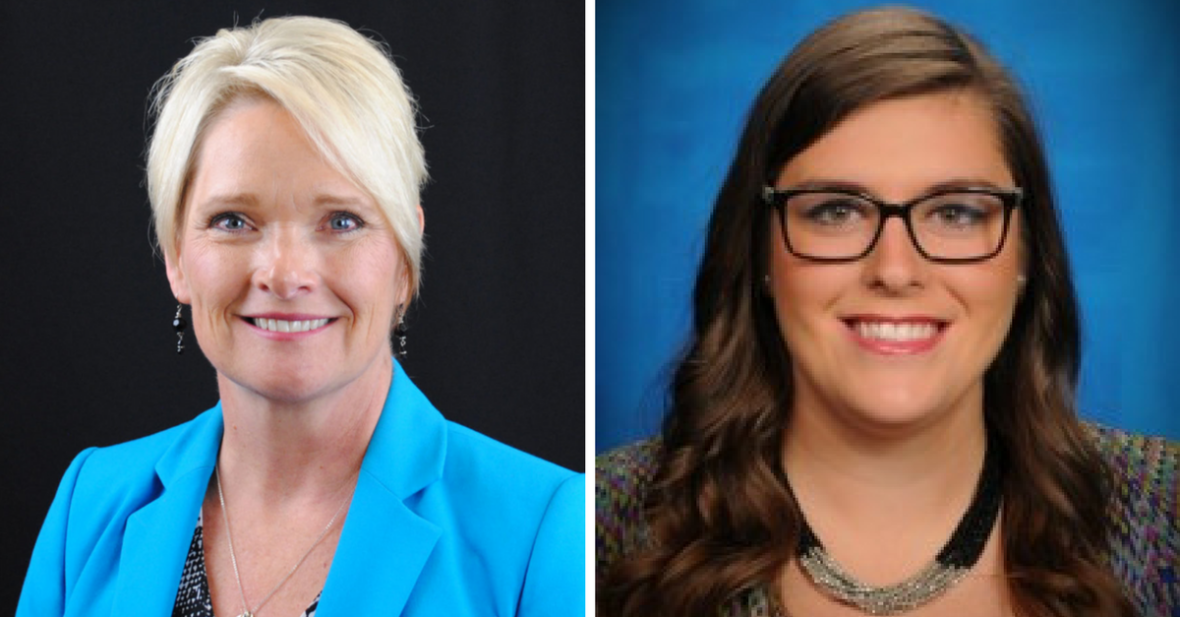Amidst Idaho’s education challenges, one promising and innovative strategy that launched this school year educates our children in engaging, personalized and effective ways.
One of the 20 recommendations put forth by Governor Otter’s Task Force for Improving Education was to shift Idaho’s K-12 system to a mastery-based system, “where student progress is based upon a student’s demonstration of mastery of competencies and content, not seat time or the age or grade level of the student.” (Idaho Code §33-1632) This new model was proposed in H110, which passed both legislative chambers unanimously and was signed by Gov. Otter on March 19, 2015.

Growing up, most of us progressed in school according to the calendar instead of by our own understanding of the material. In this model, students sometimes feel that the teacher is moving too quickly—which can lead to challenges down the road — or not quickly enough, which can lead to disengagement.
In contrast, mastery education lets students engage more deeply with what they are learning, in individualized ways, and at their own pace. Students achieve a level of mastery in foundational knowledge before moving forward. Mastery-based education focuses on “explicit, measurable, transferable learning objectives that empower students.” (CompetencyWorks) Such learning develops competencies that require the application of knowledge and skills in ways that are directly relevant to the world outside of schools.
A traditional third-grade classroom, for example, might have the teacher standing in front of the class, delivering a math lesson. Some students would be following along; some would be struggling; some would already

understand the material.
A mastery classroom, in contrast, might have three different groups of students learning in different ways. One group might be with the teacher, receiving a mini lesson; one might be working collaboratively on a group project; and one might be working on computers doing skill-specific Khan Academy lessons.
Thirty-two schools in 19 Idaho incubator programs are currently using mastery education. These teachers and administrators are Idaho’s modern-day pioneers, working overtime to figure out how to adapt mastery to their districts, classrooms and individual students. They are to be commended for their vision and dedication.
Transitioning to mastery education requires a fundamental shift that will take time. Yet mastery can be customized for Idaho’s unique needs and culture, especially at the district and individual student level. Those of us working in support of mastery education know that the model provides a promising pathway for Idaho’s children and our collective future.
Idaho has a proud history of individualism and a pioneering spirit. Mastery education draws from that legacy and connects it to our future, enabling us to move boldly forward and tackle some of our greatest challenges.
We will continue to work in partnership with legislators in the upcoming session, support our incubator teachers and administrators, and educate Idaho students as they reach their full potential and ready themselves for life after high school.
Kelly Brady is Director of Mastery Education for the Idaho State Department of Education and Krysta Swanger is a third-grade teacher at McDonald Elementary in Moscow.

